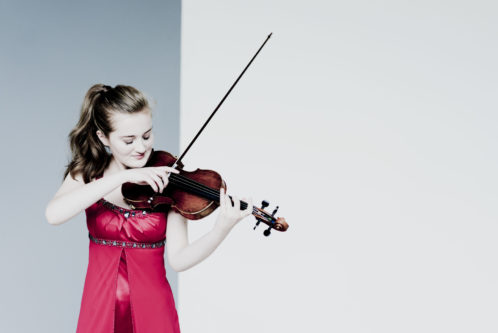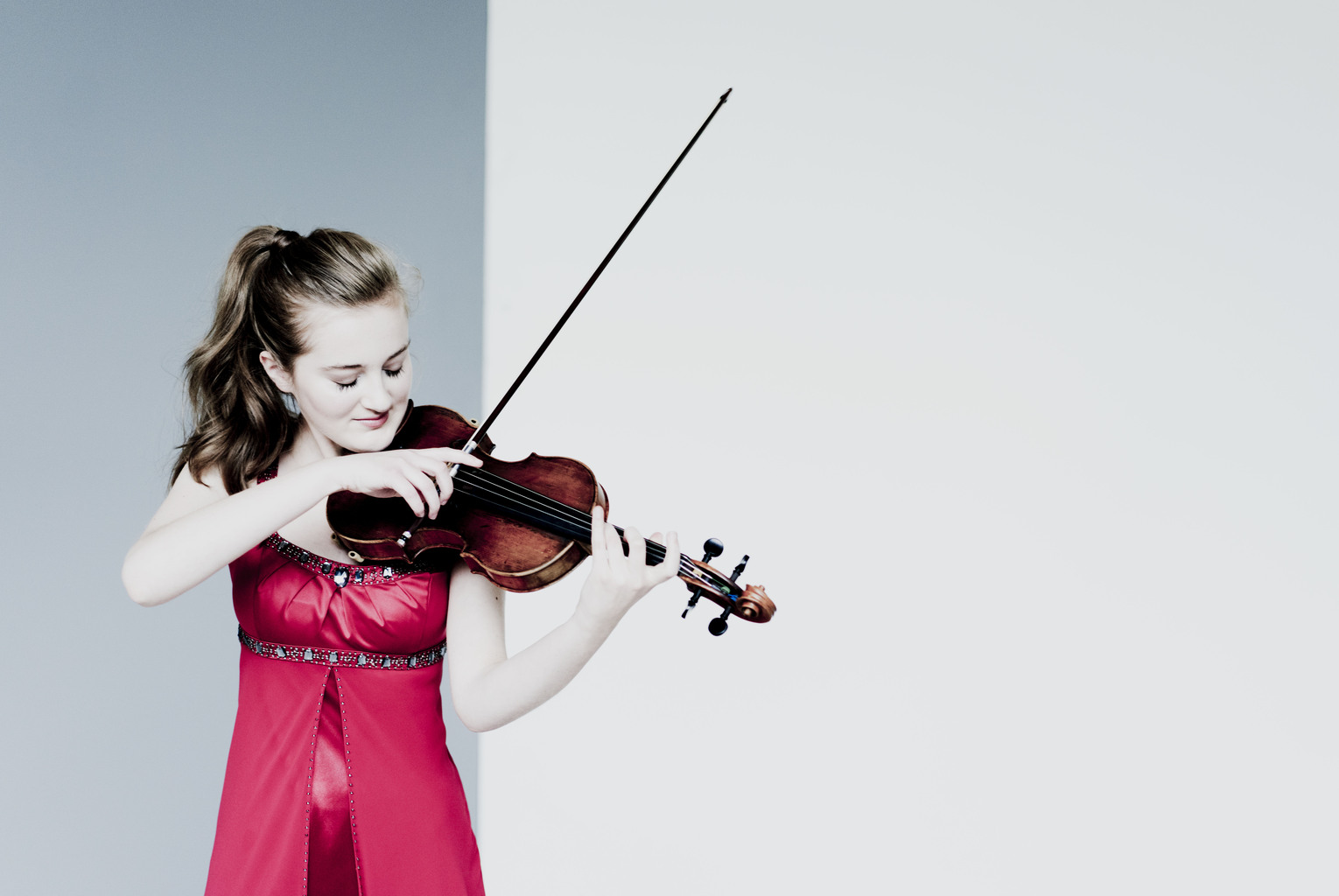 United Kingdom Bruch, Beethoven: Noa Wildschut (violin) Royal Scottish National Orchestra / Elim Chan (conductor). Glasgow Royal Concert Hall, 22.2.2020. (GT)
United Kingdom Bruch, Beethoven: Noa Wildschut (violin) Royal Scottish National Orchestra / Elim Chan (conductor). Glasgow Royal Concert Hall, 22.2.2020. (GT)

Widmann – Con Brio
Bruch – Violin Concerto No.1 in G minor Op.26
Beethoven – Symphony No.7 in A major Op.92
This concert opened the Royal Scottish National Orchestra’s series of Beethoven Revolution concerts commemorating the 250th anniversary of the composer’s birth. In the months ahead the BBC Scottish Symphony Orchestra and the Scottish Chamber Orchestra will complete their own Beethoven celebrations including all the symphonies and concertos. It will be interesting to witness how this year’s Edinburgh International Festival will make its own contribution to Beethoven’s music.
That we had the RSNO’s principal guest conductor Elim Chan to kick off their Beethoven cycle ensured a high standard of performance because she always manages to grasp the essence of the music whether it be from the classical period or the contemporary. In this programme we had ample opportunity to see once again her sparkling gifts as an outstanding young conducting talent.
In her brief opening speech Chan described Widmann’s piece as ‘aerobatics’ and a series of dissonances in between bits and chunks of Beethoven’s music. We heard eccentric sounds from Alasdair Kelly hitting the sides of his timpani, the sound of reeds, the full brass; all creating a whirlwind of wild sounds, almost like the stormy winds howling outside. It seemed as entertaining for the players as it was for the audience.
In the Vorspiel of Bruch’s First Violin Concerto, the timpanist again found himself as a key player, and it wasn’t long before the Dutch eighteen-year-old Noa Wildschut showed why many consider her as one of the great violinists of the future. Wildschut plays on a 1714 Giovanni Grancino violin given to her by the Dutch Musical Instruments Foundation. Her playing was beautifully lyrical, and the slowly emerging romantic theme was voiced by her luminous and intense playing, sensitively accompanied by Chan and her musicians. Wildschut has a gorgeous tone, which suits her admirably in this romantic concerto, and she exhibited extraordinarily fine technique, without indulging in excessive sentimentality. In the vigorous finale, Chan masterminded a storm of lustrous brilliance, drawing glorious playing from the soloist and orchestra, before the huge accelerando and the exciting climax. As an encore, Wildschut played the Andante from the Violin Sonata No.2 in A minor BWV 1003 by JS Bach. Based on this performance, I suspect Wildschut will be returning to Scotland in the very near future.
In my opinion, the RSNO doesn’t always play Beethoven very well, nor do they play his works very often, so this series of concerts celebrating the great composer proved an interesting trial for the orchestra under their exciting young Chinese conductor. Interestingly, on this occasion the seating was with antiphonal violins with the double basses on the far left and the wind and brass sections central, with the timpani far right – an unusual plan for the orchestra. But they played excellently, with great intensity, especially fine contributions from the oboe of Adrian Wilson and Robert Hill’s clarinet, as well as, exquisite playing from the flute of Helen Brew.
In the Allegretto, there was beautiful woodwind, and Chan was excellent in her direction of the short rhythmic cycles which dominate this exciting symphony. In the third movement: Presto, the orchestra played with inflection in the brisk – yet now playful – three-in-a-bar motion, with excellent articulation from the wind sections, before the dramatic Trio. The brilliant strings – under admirable direction – were playing at a whirlwind pace. The finale opened dramatically with foot stamping by Chan demanding even more from her musicians, and getting it, leading to a sensational culmination of overwhelming power and excitement. Certainly, this encourages one’s anticipation for the remaining concerts. Next Sir Roger Norrington will conduct Beethoven’s Third Symphony, ‘Eroica’, in what will be an interesting evening for all concerned.
Gregor Tassie
For more about RSNO’s Beethoven Revolution click here.
